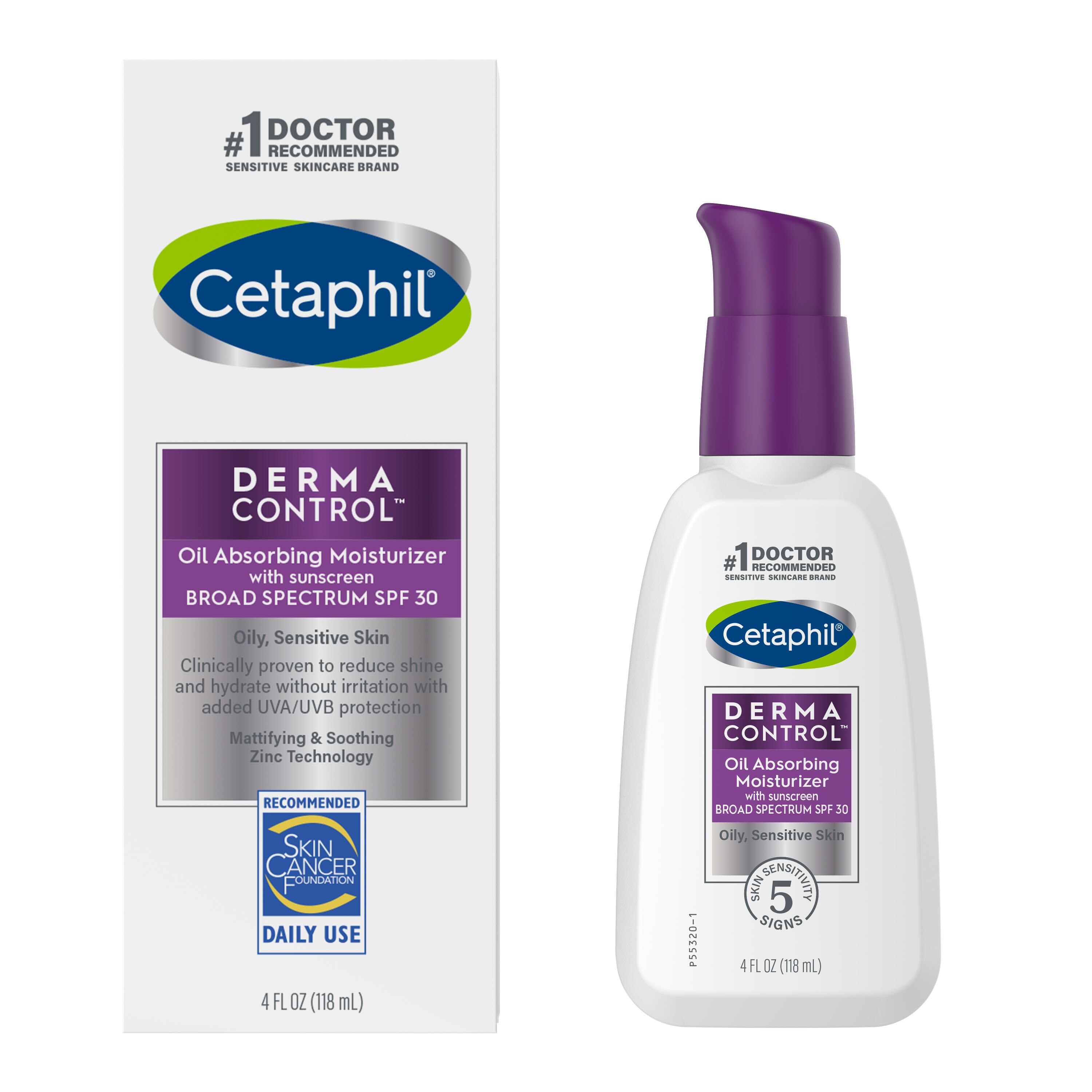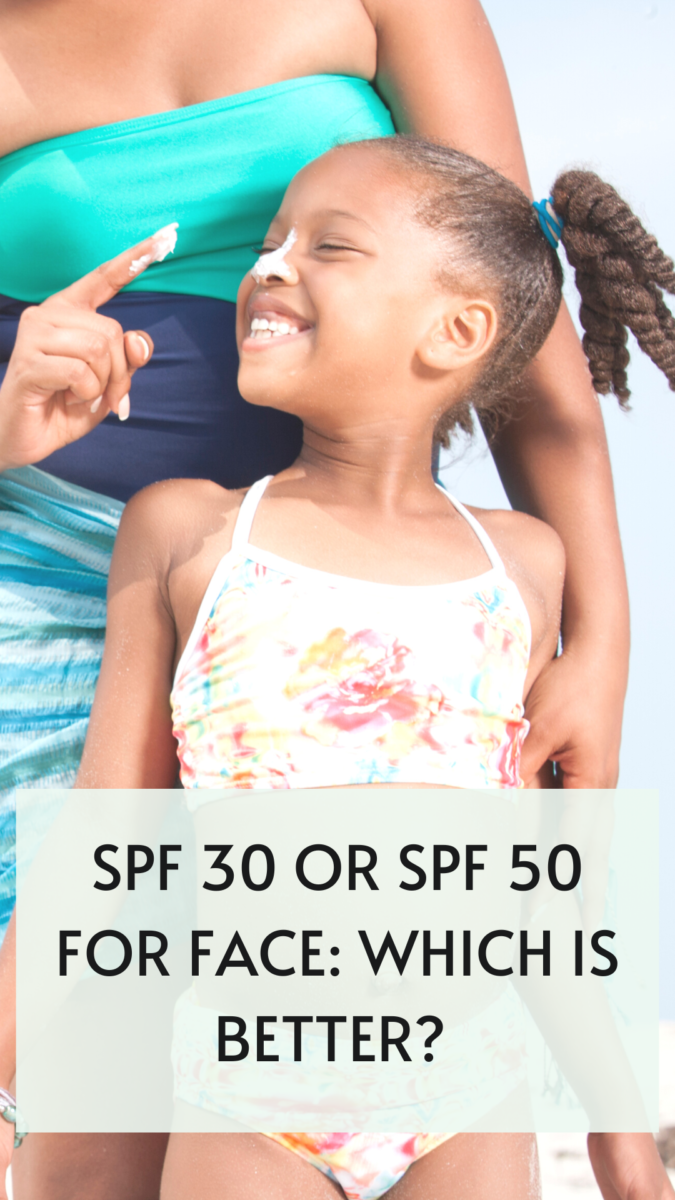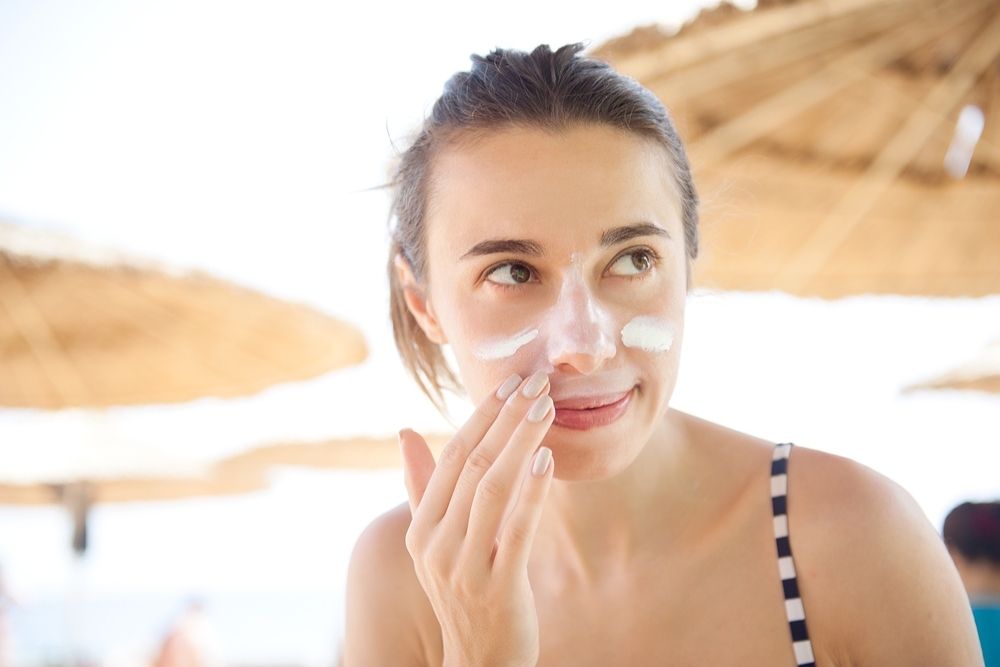Protecting your skin from the harmful effects of the sun is crucial for maintaining healthy skin, and sunscreen plays a vital role in this process. Many people wonder if SPF 30 is good for face or if they need a higher SPF. Understanding the science behind SPF and how it works can help you make an informed decision about your skincare routine. Whether you're heading to the beach or just commuting to work, choosing the right sunscreen is essential.
Sunscreen is not just a summer essential; it's a year-round necessity. Harmful UV rays from the sun can penetrate clouds and even glass, meaning you're exposed to them even on cloudy days or indoors. SPF, or Sun Protection Factor, is a measure of how well a sunscreen protects your skin from UVB rays, which are responsible for sunburns and skin cancer.
As we delve deeper into this topic, we'll explore why SPF 30 is often recommended, how it compares to other SPF levels, and the factors you should consider when choosing the right sunscreen for your face. By the end of this article, you'll have a comprehensive understanding of whether SPF 30 is suitable for your skincare needs.
Read also:How Long Does A Mani Pedi Take A Comprehensive Guide
Table of Contents
- What is SPF?
- Benefits of SPF 30 for the Face
- Understanding Different SPF Levels
- How Much SPF Do You Need?
- SPF 30 vs. Higher SPF
- Choosing the Right SPF 30 for Your Skin
- Application Tips for Maximum Protection
- Common Mistakes to Avoid with SPF 30
- Debunking Myths About SPF 30
- Conclusion: Is SPF 30 Good for Your Face?
What is SPF?
SPF, or Sun Protection Factor, is a rating system that measures the ability of sunscreen to protect your skin from UVB rays. UVB rays are primarily responsible for causing sunburn and increasing the risk of skin cancer. The number associated with SPF indicates how much longer you can stay in the sun without getting burned compared to if you weren't wearing any sunscreen.
How Does SPF Work?
When you apply sunscreen with an SPF of 30, it filters out approximately 97% of UVB rays. This means that only 3% of UVB rays penetrate your skin. While higher SPFs, such as SPF 50, block slightly more UVB rays (about 98%), the difference is marginal. Therefore, SPF 30 is often considered sufficient for most people's needs.
Benefits of SPF 30 for the Face
Using sunscreen with SPF 30 offers numerous benefits for your facial skin. Here are some of the key advantages:
- Reduces the risk of sunburn
- Helps prevent premature aging, such as wrinkles and fine lines
- Protects against skin cancer
- Minimizes the appearance of dark spots and hyperpigmentation
These benefits make SPF 30 an excellent choice for daily use, especially if you're looking for a balance between protection and convenience.
Understanding Different SPF Levels
While SPF 30 is widely recommended, it's essential to understand how it compares to other SPF levels. Here's a breakdown of common SPF ratings:
- SPF 15: Blocks about 93% of UVB rays
- SPF 30: Blocks about 97% of UVB rays
- SPF 50: Blocks about 98% of UVB rays
- SPF 100: Blocks about 99% of UVB rays
As you can see, the increase in protection between SPF 30 and higher SPFs is relatively small, which is why SPF 30 is often considered sufficient for most people.
Read also:Medium Brown Auburn Hair Color The Perfect Shade To Enhance Your Natural Beauty
How Much SPF Do You Need?
The amount of SPF you need depends on several factors, including your skin type, the intensity of sunlight, and how long you plan to be outside. For everyday use, SPF 30 is generally recommended for most people. However, if you have sensitive skin or are prone to sunburn, you may want to consider a higher SPF.
Factors to Consider
Here are some factors to keep in mind when determining how much SPF you need:
- Your skin type (fair, medium, dark)
- The climate and altitude of your location
- How long you'll be exposed to sunlight
- Whether you'll be swimming or sweating
SPF 30 vs. Higher SPF
Many people wonder if they should opt for a higher SPF instead of SPF 30. While higher SPFs do offer slightly more protection, the difference is minimal. For example, SPF 50 blocks about 98% of UVB rays, compared to 97% for SPF 30. However, higher SPFs may also contain more chemicals, which can irritate sensitive skin.
Why SPF 30 is Often Recommended
SPF 30 strikes a balance between protection and practicality. It provides adequate protection for most people while being less likely to cause irritation. Additionally, it's often more affordable and easier to apply than higher SPFs.
Choosing the Right SPF 30 for Your Skin
When selecting an SPF 30 sunscreen, it's important to consider your skin type and any specific needs you may have. Here are some tips for choosing the right product:
- Look for broad-spectrum protection to shield against both UVA and UVB rays.
- Choose a formula that suits your skin type (e.g., oil-free for oily skin, hydrating for dry skin).
- Consider whether you need water-resistant sunscreen for activities like swimming or sweating.
- Check for ingredients that won't irritate your skin, such as titanium dioxide or zinc oxide for sensitive skin.
Application Tips for Maximum Protection
Applying sunscreen correctly is just as important as choosing the right product. Follow these tips to ensure maximum protection:
- Apply sunscreen 15-30 minutes before going outside to allow it to properly bind to your skin.
- Use enough sunscreen to cover all exposed areas of your body, about one ounce (a shot glass full).
- Reapply sunscreen every two hours, or more frequently if you're swimming or sweating.
- Don't forget often-missed areas like your ears, scalp, and lips.
Common Mistakes to Avoid with SPF 30
Even with the best sunscreen, mistakes can reduce its effectiveness. Here are some common errors to avoid:
- Not applying enough sunscreen
- Forgetting to reapply after swimming or sweating
- Thinking that sunscreen alone is enough protection (wear protective clothing and seek shade when possible)
- Using expired sunscreen, which may not provide adequate protection
Debunking Myths About SPF 30
There are several myths surrounding SPF 30 that can lead to misunderstandings about its effectiveness. Here are some common myths and the truth behind them:
- Myth: SPF 30 blocks 100% of UV rays. Truth: SPF 30 blocks about 97% of UVB rays, not 100%.
- Myth: You don't need sunscreen on cloudy days. Truth: UV rays can penetrate clouds, so sunscreen is still necessary.
- Myth: Darker skin tones don't need sunscreen. Truth: All skin types benefit from sunscreen to prevent skin damage and aging.
Conclusion: Is SPF 30 Good for Your Face?
In conclusion, SPF 30 is an excellent choice for most people's daily skincare needs. It provides adequate protection against UVB rays, helps prevent premature aging, and reduces the risk of skin cancer. While higher SPFs offer slightly more protection, the difference is minimal, and SPF 30 is often more practical and less likely to irritate sensitive skin.
Remember to apply sunscreen correctly and reapply as needed for maximum protection. By incorporating SPF 30 into your daily routine, you can help maintain healthy, youthful-looking skin for years to come.
We encourage you to share your thoughts and experiences with SPF 30 in the comments below. Have you noticed a difference since using it regularly? Feel free to explore our other articles for more tips on skincare and sun protection.
References:


